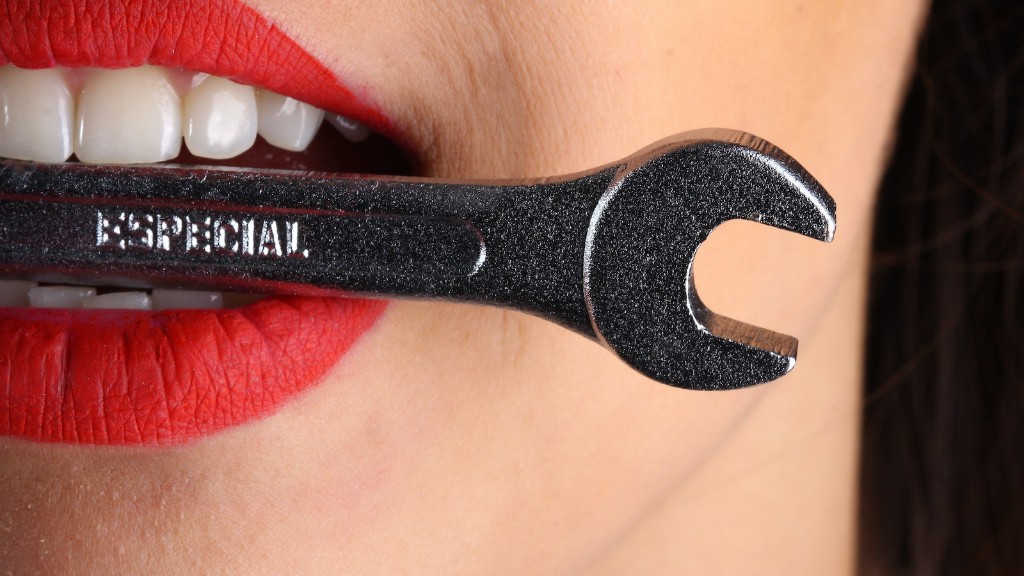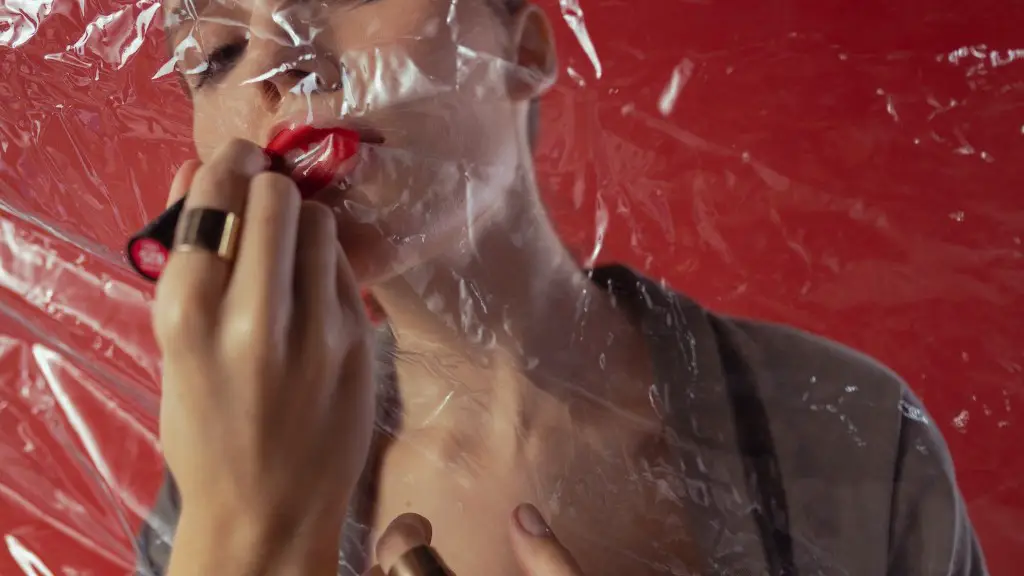In Yiddish, the word for “mistress” is “mame.”
There is no direct translation for the word “mistress” in Yiddish, but you could say “lover” or “paramour.”
What is a Schmegegge?
This word is used to describe something that is nonsensical or meaningless. It can be used to describe someone who is full of hot air, or to describe something that is just a load of baloney.
These words all mean “insane” in Yiddish, and are borrowed from Hebrew. If you’re looking for a way to describe someone who is acting crazy, any of these would be perfect!
What is Gansa Megillah in Yiddish
The term “gantse Megillah” is derived from the Yiddish word for the book of Esther, which is a long and complicated story. The term came to be used as a way to describe something that is needlessly long or complicated. It can also describe a situation or state of affairs that is needlessly complicated.
It is inappropriate to use the Yiddish word “shande” to describe the removal of stained-glass windows featuring Confederate leaders. This is a disgrace and a terrible embarrassment.
What does schmatta mean?
A schmatta is a small piece of thick cloth, smaller than a hand towel but larger than a washcloth. The origins of the term schmatta are Yiddish, and usually refer to old or torn pieces of clothing. Schmattas are often used as cleaning rags, or for other household tasks.
These words all describe something that is of poor quality or that is not working properly.
What does shmooze mean in Yiddish?
Schmoozing is an important skill in both personal and professional life. Learning how to schmooze can help you build relationships, gain important favors, and even get ahead in your career. The key to schmoozing is to be genuine, interested, and engaging. Follow these tips and you’ll be schmoozing like a pro in no time!
These terms both describe a state of being deeply upset or worried. “Depressed” is more general, while “distraught” often implies that the person is so upset that they cannot think straight. “Choked up” usually refers to being so emotional that one cannot speak.
What does bubela mean in Yiddish
In Jewish communities, “darling” and “sweetie” are terms of endearment for an infant.
This is a great way to start your day!
What does Schmutz mean in Hebrew?
This week’s featured word is schmutz, a word from Yiddish that means “dirt,” “filth,” “grime,” or “rubbish.” English has been particularly receptive to earthy terms from Yiddish, and schmutz is a great example of a word that can add color to your writing.
A little papa is a term of endearment for a little boy. It is old-fashioned usage.
What does shlock mean in Yiddish
Inferior or shoddy merchandise is known as schlock. The word comes from the Yiddish word shlak, meaning “a stroke” or “junk.” Schlock merchandise is often cheap and poorly made, and is not worth the price.
Yiddish is a variant of BATYA, meaning “foreign woman”. It is used to refer to a woman who is not Jewish, or to a woman who is of a different religion than the speaker.
What is a putz in Yiddish?
The word putz is a derogatory term used to describe a fool or an idiot. It is commonly used as an insult and is not suitable for polite conversation.
The word “Kohen” comes from the Hebrew word meaning “priest.” Other last names with similar indication are Kohentov and Kohenteb; the suffix literally means good, meaning that one could rely on them as being a Kohen when needing one for redeeming a firstborn male child.
Warp Up
The word “mistress” can be translated to “meyd” in Yiddish.
There is no direct translation for the word “mistress” in Yiddish, but it can be approximate using the word “mey ins” which means “my woman.”





